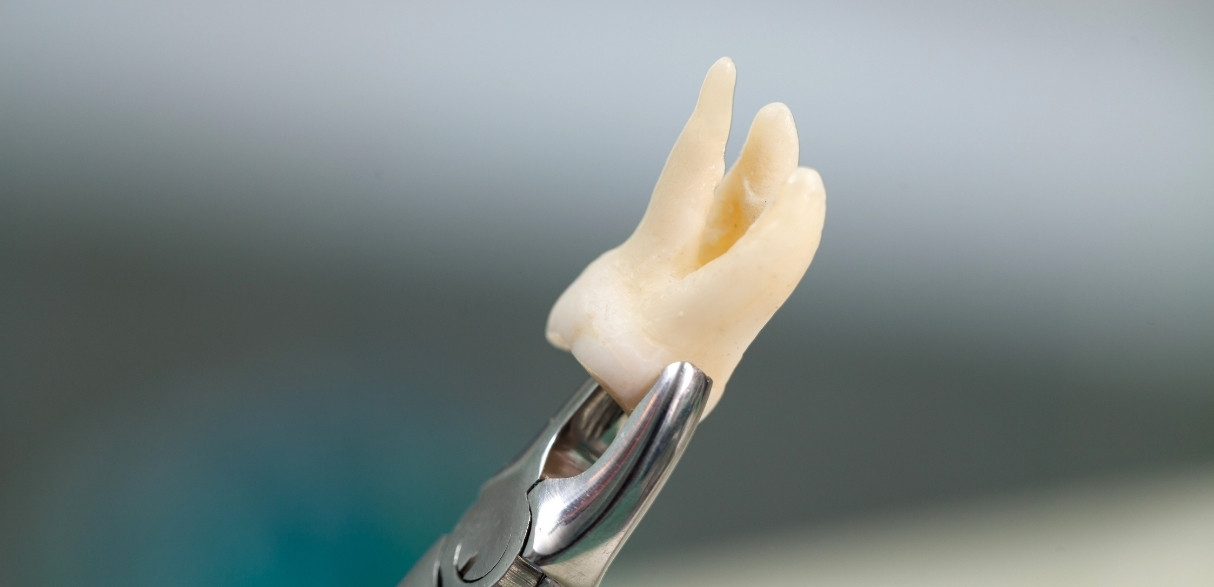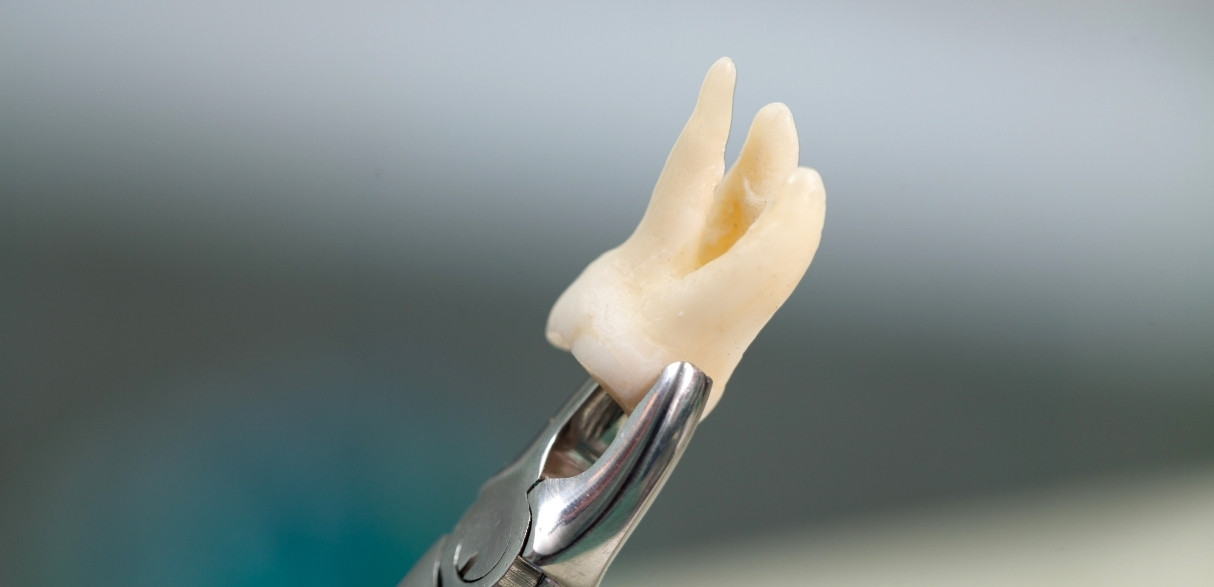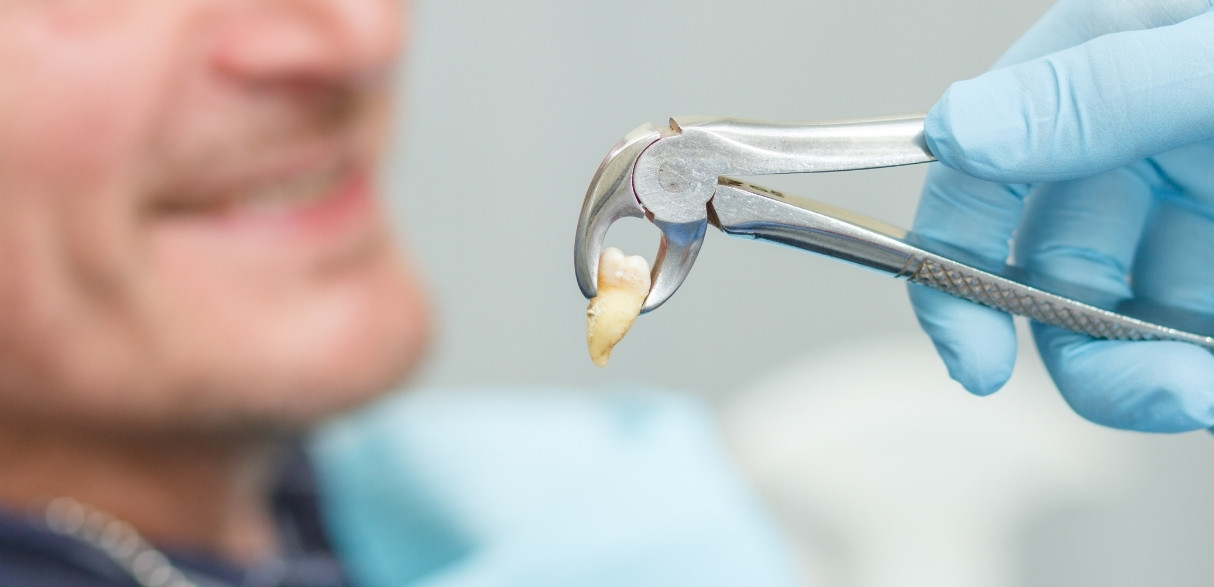

Wisdom teeth removal is a common dental procedure, often necessary to prevent or alleviate problems caused by impacted or misaligned wisdom teeth. Post-surgery care is crucial to ensure proper healing and to avoid complications such as infections or dry sockets. One frequently asked question by patients is, “Can you drink soda after wisdom teeth removal?” In this comprehensive guide, we will explore the reasons why it might be best to avoid soda after your surgery, discuss recommended alternatives, and provide a detailed aftercare plan to promote a smooth recovery.
Understanding the Healing Process
After wisdom teeth removal, your mouth needs time to heal. The first step in this healing process is the formation of a blood clot at the site of the extraction. This clot is vital as it protects the bone and nerve endings, preventing infection and promoting tissue regeneration. Disturbing this blood clot can lead to a painful condition called dry socket, where the bone and nerves are exposed, causing severe pain and delaying the healing process.
Why Soda is Not Recommended Post-Surgery
- Carbonation: The fizz in soda comes from carbon dioxide gas, which creates bubbles. This carbonation can cause discomfort and may dislodge the blood clot at the extraction site, increasing the risk of dry socket.
- Acidity: Sodas are highly acidic, with a low pH level. This acidity can irritate the surgical site, slow down the healing process, and increase the risk of infection.
- Sugar Content: Most sodas are loaded with sugar, which can contribute to bacterial growth in the mouth, potentially leading to infection and delayed healing.
- Straws and Suction: Drinking soda through a straw creates a suction effect that can easily dislodge the blood clot, leading to dry socket and other complications.
Recommended Beverages After Wisdom Teeth Removal
To ensure a smooth recovery, it is essential to choose beverages that are gentle on your healing gums and won’t interfere with the blood clot. Here are some recommended options:
- Water: Water is the best choice for hydration after surgery. It is gentle on your mouth and helps keep the surgical site clean.
- Herbal Tea: Non-caffeinated herbal teas can be soothing and hydrating. Ensure the tea is lukewarm to avoid irritating the surgical site.
- Milk: Milk is a good option as it is nutritious and soothing. Consume it at a moderate temperature.
- Smoothies: Nutrient-rich smoothies made from fruits and vegetables can provide essential vitamins and minerals. Avoid adding seeds or using a straw.
- Broth: Warm (not hot) broth can be comforting and provide necessary nutrients.
Timeline for Reintroducing Soda
While it is best to avoid soda immediately after surgery, you might be wondering when it is safe to reintroduce it into your diet. Here’s a general timeline to follow:
- First 24-48 Hours: Avoid all carbonated beverages, including soda. Focus on hydration with water and other non-irritating liquids.
- 48 Hours to One Week: Continue avoiding soda to allow the surgical sites to heal properly. Stick to the recommended beverages listed above.
- After One Week: If your recovery is progressing well and you are not experiencing any complications, you may start to gradually reintroduce soda. However, it is still best to consume it in moderation and avoid using a straw.
Tips for a Smooth Recovery
In addition to avoiding soda, several other important aftercare tips can help ensure a smooth recovery:
- Follow Your Dentist’s Instructions: Your dentist or oral surgeon will provide specific aftercare instructions tailored to your needs. Follow these carefully.
- Rest: Give your body time to heal by getting plenty of rest. Avoid strenuous activities for the first few days.
- Ice Packs: Apply ice packs to your cheeks to reduce swelling and discomfort.
- Oral Hygiene: Maintain good oral hygiene by gently rinsing your mouth with a saltwater solution starting 24 hours after surgery. Avoid brushing directly on the surgical sites for the first few days.
- Soft Foods: Stick to a soft food diet to avoid irritating the extraction sites. Foods like yogurt, applesauce, mashed potatoes, and scrambled eggs are good choices.
- Pain Management: Take any prescribed pain medications as directed. Over-the-counter pain relievers like ibuprofen can also help manage discomfort and reduce inflammation.
Recognizing Complications
While most wisdom teeth removals heal without issues, it is important to recognize the signs of potential complications:
- Dry Socket: Symptoms include severe pain, bad breath, and an unpleasant taste in the mouth. If you suspect dry socket, contact your dentist immediately.
- Infection: Signs include increased pain, swelling, redness, fever, and pus discharge. Seek medical attention if you experience these symptoms.
- Excessive Bleeding: Some bleeding is normal, but if it persists beyond 24 hours or is excessive, contact your dentist.
Long-Term Care and Prevention
Even after you have fully recovered from wisdom teeth removal, maintaining good oral health is essential to prevent future issues. Here are some tips:
- Regular Dental Check-Ups: Visit your dentist regularly for check-ups and cleanings to monitor your oral health.
- Good Oral Hygiene: Brush and floss your teeth twice a day to keep your mouth clean and healthy.
- Healthy Diet: Limit sugary and acidic foods and drinks, including soda, to prevent tooth decay and gum disease.
- Stay Hydrated: Drink plenty of water to keep your mouth hydrated and support overall health.
While it might be tempting to reach for a soda after wisdom teeth removal, it is best to avoid it to ensure a smooth and complication-free recovery. The carbonation, sugar, and acidity in soda can all negatively impact the healing process. Instead, opt for water, milk, herbal tea, smoothies, and broth to stay hydrated and support your recovery. By following the recommended aftercare tips and listening to your dentist’s instructions, you will be on your way to a swift and successful recovery.


